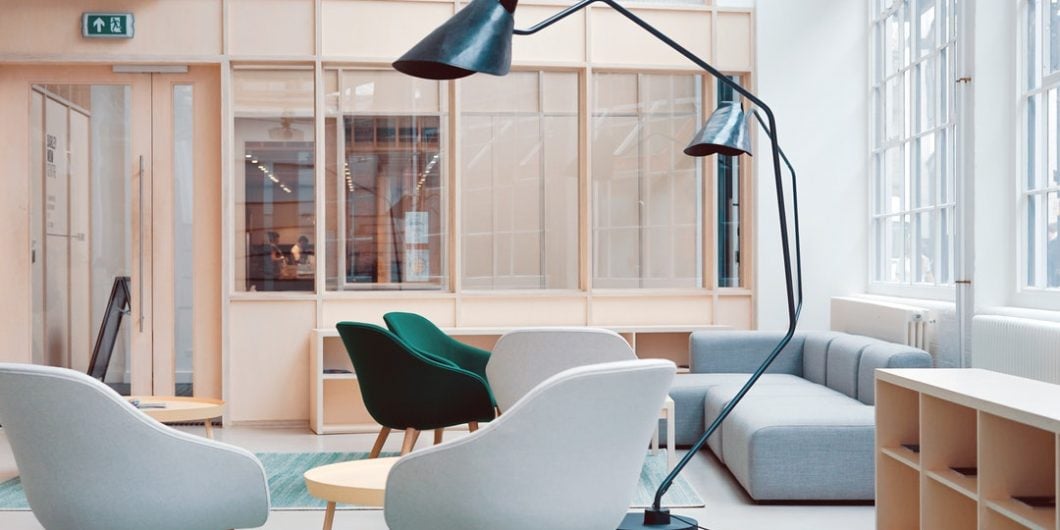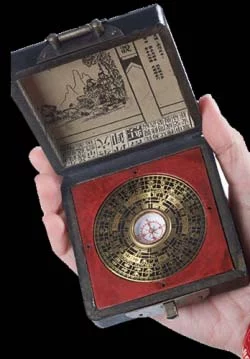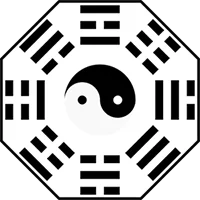Feng Shui Meaning of Colors: Using Appropriate Colors for Peace

Feng Shui Meaning of Colors: Using Appropriate Colors for Peace
Feng Shui colors are related to the corresponding elements. Read on to learn how to incorporate the appropriate colors in your home.
In 2016, the millennial generation planned to spend an average of $1,500 on redecorating their living rooms. This is often their first experience of interior decoration and they want more than value for money - they want to be sure of introducing a sense of peace and creativity into their homes. Using Feng Shui is a great way to do this but first we need to know about the key Feng Shui meaning and especially the Feng Shui meaning of color.
The Growing need for Feng Shui Interior Design
Interior design is a growing market and the methods used to redecorate a home are many. Feng shui is one design concept that's increasingly being used in the western world to balance out a living space and lend it an intuitive feeling of peace and creativity .
Most of us know how it feels to walk into a room and immediately feel uncomfortable - even when the room appears tidy and the colors not too loud; there's just 'something' about it that makes us feel ill at ease. We can avoid that when we apply feng shui and use the right colors and objects in the right places. To do this with confidence we really must understand the feng shui meaning of colors as a beginning. Rest assured that after thousands of years of learning, the feng shui masters know exactly how to apply colors and their effects on the human mind and spirit.
Where to start
If you're looking to redecorate with feng shui principles, one of the best places to start is with color. With just a change of paint, you can bring more harmony to a room - that is, if you know what colors to choose. Keep reading to find out more about feng shui and how to bring this design principle into your home.
What is Feng Shui?
This ancient art form of feng shui dates back between 2,000 and 5,000 years. The principles are based on elements of physics, philosophy, astrology, and astronomy. The key feng shui meaning refers to "wind" (Feng) and shui translates as "water". These 2 elements represent good health in Chinese culture and, as such, feng shui has come to be associated with good fortune.
The Art of Placement and Balance
Feng Shui is often thought of as the art of placement. It involves placing items in a deliberate way throughout a room. The notion behind this is that where yourself and your objects are in a room affects the energy in your life. Feng shui says that how you arrange a room can bring balance and harmony. It follows that arranging a room without the use of feng shui can bring disharmony and throw your life off-balance.
You can apply Feng Shui anywhere
Feng shui can be incorporated into any space in which you live. That includes offices, homes, and gardens. To analyze the feng shui of a room, practitioners use 2 tools: the feng shui compass and the bagua.
The compass is otherwise an ordinary magnetic compass. Made of bands of concentric rings that surround a magnetic needle, it's used to tell a feng shui designer deep information about a site or building.
The bagua (bag-wa) is an octagonal grid adorned with Ching symbols. The bagua helps you understand how different spaces in your home relate to the other aspects of your life experience.
Principles of Feng Shui
More and more, feng shui is influencing the way we design a space. Interior designers, as well as architects, are incorporating feng shui meaning into the layout of homes, offices, and other spaces. While it was originally an eastern concept, it's made its way into the western world where it's been embraced wholeheartedly by the design world. If it didn't work - commercial companies would not do it!
There are 2 basic principles of feng shui: yin and yang as well as the principle of five elements.
Ying and yang are fairly well-known principles. It's the Taoist belief that the feminine (yin) and the masculine (yang) need to be balanced. Only when those energies are balanced can we have a good flow of Chi (Qi), which is what brings us happiness and good fortune.
The second principle of Feng Shui meaning is the principle of the five elements. Another Taoist belief, the five elements refers to wood, fire, earth, metal, and water.
Taoists believe that all things contain varying degrees of these elements and that each is represented in different colors. By knowing how to balance and use those colors, we can bring good Chi to a room.
Feng Shui Meaning of Color
In feng shui color is an important element of design. Colors carry with them vibrational energies.
Chi works through those vibrations and distributes them into a space to bring balance and harmony. The right color can impact your mental and emotional state as well as the energies that come into your life. That's why it's so important to pick the right colors when decorating.
In determining feng shui meaning, we note that colors are related to the principle of the five elements. Every color has an associated element:
You can determine where to place the right colors using the bagua (we have several articles to help you with this).
How to Decorate with Feng Shui Colors
Let's start with the basics. These are the colors and their basic meaning:
Knowing the feng shui meaning of these colors is a first step, but knowing where and how to use these colors is important as well. We'll detail this more below.
Active vs Quiet Rooms
Active rooms should be painted with a fire color. These rooms that are full of life and daytime energy - such as dining rooms and workout rooms - benefit from the energies of oranges, yellows, and reds (to an extent). However, you should never paint an entire room with a fire color. Instead, put them in foyers and hallways or use them as an accent.
In quiet rooms such as bedrooms and living rooms, use calm colors. These include neutrals, blues, as well as greens.
Feng Shui Meaning of Color: Be Careful with Red
It's true that red is a lucky color that wards off evil. But if you're not a fan of red and you choose it only for those reasons, you'll bring the opposite into your life. Why?
Because if you don't have a personal connection to the color and you use it in your living space, you will create bad feng shui. This is because your underlying feelings of frustration with that color will be picked up. That unhappiness will build every time you're in that room.
Feng Shui Meaning of Color: Using Black
Try to avoid using blacks in bedrooms or kitchens. If you must, use it as an accent and counterbalance it with light. That includes using patterns, accent walls, or items with iridescent qualities that bring light back into space.
Ready to redecorate with some real Feng Shui?
Feng shui is an ancient practice that has its roots in Taoism but is based on a number of studies including physics and astronomy. This art of placement has made its way into western culture where it influences interior design. The idea behind it is to use color, placement, and arrangement to bring good fortune into your life. The is the key to the meaning of Feng Shui.
Now that you understand fen shui meaning, learn more about bringing balance and energy into your life. Read our blog for more tips and advice.



